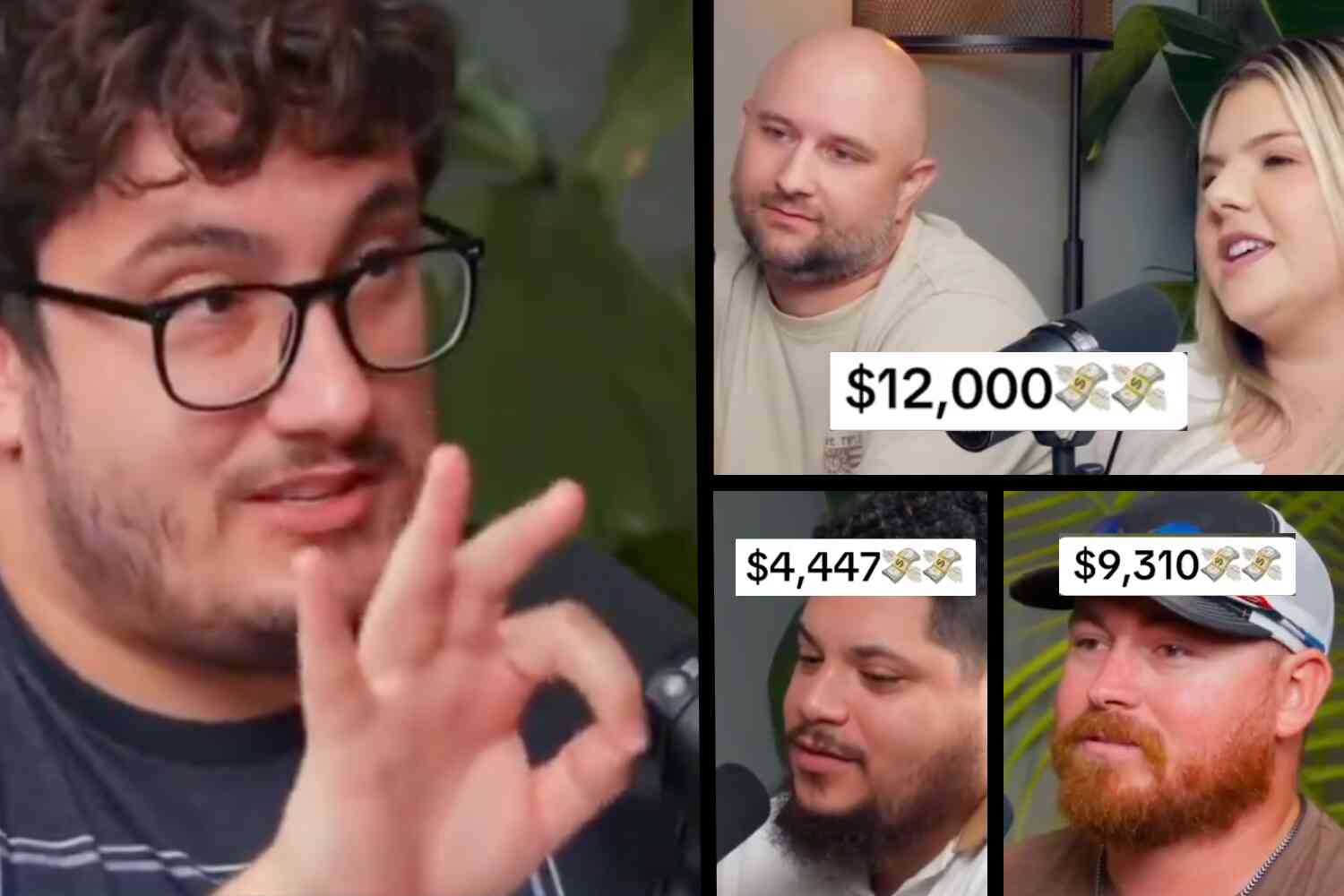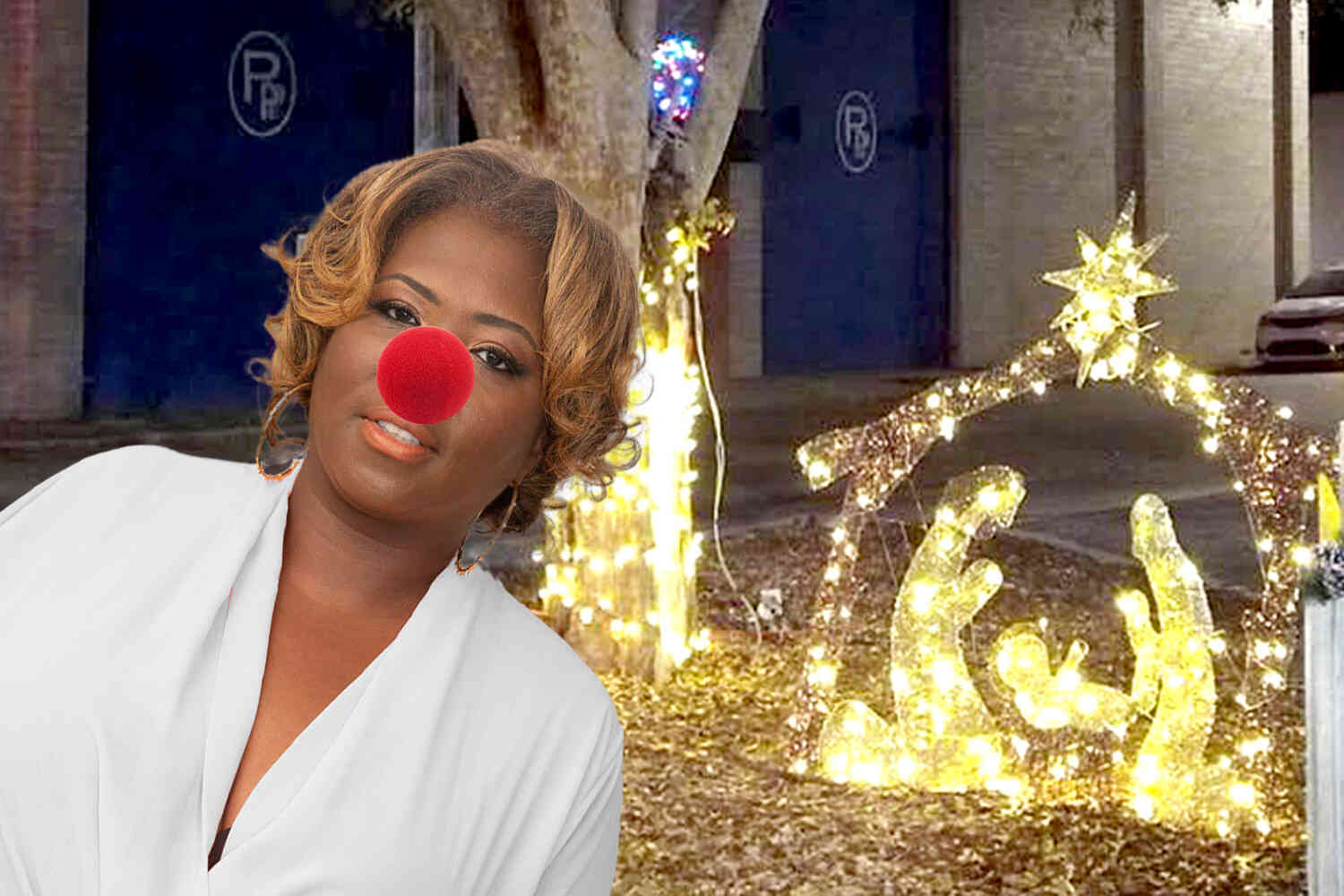A self-professing Christian who happens to be a friend of mine was recently invited to speak at one of the many gay pride events in his area. In the text of his remarks, he echoed what has become a standard defense used by "gay-affirming" Christians: instructing the crowd that Jesus identified with and ministered to the marginalized.
When discussing this issue with him or others who agree with his heterodox understanding of human sexuality, I have historically taken this approach: I attempt to tactfully point out that we all have a duty to be extraordinarily cautious when ascribing motives or actions to Christ. He isn't a pawn for us to use to fit our own political or social agenda – and I say that as one who has been guilty of that very offense in the past. Jesus isn't our ragdoll or our battering ram. He's God.
From there, I probe to find out exactly what they mean when they say that Jesus "identified" with the marginalized. That He took pity on them? That He loved them? That He brought hope to them? Yes, yes, and yes. But notice that's wholly different than validating any sinful rebellion against God that existed in their lives. That is something Jesus never did.
At that point, the conversation usually breaks down over our respective definitions of sin. I know I'm not the only Christian who has experienced this, because I know I'm not alone in engaging this issue in this way.
But I am increasingly convinced the time may be fast approaching when the wise thing to do is to alter that approach. It's to the point where the most obvious and glaring question tied to the "Jesus came for the marginalized" argument is to simply ask those spouting it: "what do you mean 'marginalized?'"
To be "marginalized" means being a victim of social exclusion. You are treated as insignificant or as an outcast, callously relegated to the fringe of society.
No serious person can make the argument in 2023 that anyone identifying somewhere under the ever-broadening banner of alternative sexualities is "marginalized." Where is the LGBTetc movement excluded or treated as outcasts?
Despite the First Amendment prohibiting the federal government from establishing a national religion, something the courts have aggressively enforced (for instance, rulings that pretend a student using the school's PA system to say a prayer is somehow tantamount to Congress establishing a national religion) for decades now, there's no compunction left in our lawmakers as they happily endorse the spirit of the age from the pillars of the White House itself:
When Caesar is flying your flag and demanding that everyone bow to it, I struggle to see how that fits into any reasonable definition of "marginalized."
Of course, Caesar himself is adamant that it does, so that he can play the hero:
This simply isn't happening. The only Americans that are being thrown out of restaurants in recent times are those who did not present a Covid-19 vaccination card or wear an ineffective face mask. Restaurants and corporations aren't excluding the identitarian crowd; they are spending the month of June collectively falling all over themselves to placate and promote so-called "pride."
That may be a lot of things, but marginalization is not one of them.
Now, it's true there are those who won't acquiesce to the tyranny of the moment. There are those who believe pride is a sin, and that not every urge a person has, sexual or otherwise, is necessarily good for them to act upon. There are those who think the oversexualization or lewdness of "pride," and the rampant perversion that comes along with it is inappropriate for our streets and our children.
To be fair, consider these two anecdotes and tell me who appears "marginalized?"
I fully appreciate the direction American society is going, and completely understand the bragadocious gloating of sexual revolutionaries that they have "won the culture war." But since it is going in that direction, and if they truly have won over the culture, isn't it intellectually dishonest to continue pretending they're marginalized outcasts, and start considering the rights and dignity of those who really are?
Disclaimer: The opinions expressed in this article are those of the author and do not necessarily reflect the opinions of Not the Bee or any of its affiliates.









